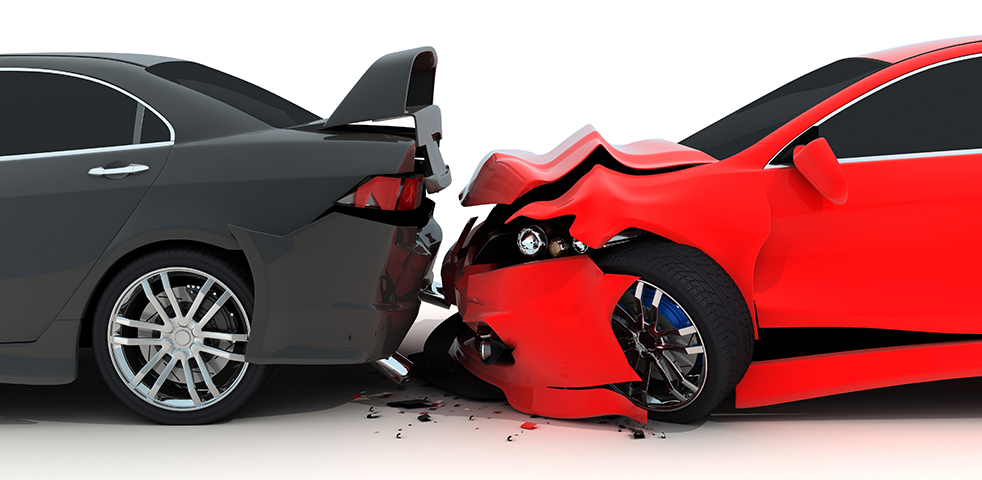In a world where uncertainty lurks around every corner, comprehensive car insurance stands as both a shield and a sword for drivers. This all-encompassing form of coverage has the power to bring peace of mind and financial security, yet it also comes with its own set of drawbacks and considerations. Let us delve into the realm of comprehensive car insurance, exploring the advantages and disadvantages that accompany this vital protection for drivers on the road.

Understanding Comprehensive Car Insurance
Pros
- Peace of Mind: Comprehensive car insurance provides coverage for a wide range of situations, giving you peace of mind knowing that your vehicle is protected.
- Coverage for Various Risks: This type of insurance covers damage from theft, vandalism, fire, natural disasters, and collisions with animals, in addition to the standard coverage for accidents.
- Replacement Value: Comprehensive insurance typically provides coverage for the actual cash value of the car or the cost of replacing it, depending on the policy.
Cons
- Higher Premiums: Comprehensive car insurance usually comes with higher premiums compared to basic insurance policies, which can be a drawback for budget-conscious individuals.
- Deductibles: Most comprehensive policies have deductibles, which means you’ll have to pay a certain amount out of pocket before the insurance kicks in to cover the rest of the costs.
- Not Required By Law: While liability insurance is mandatory in most states, comprehensive coverage is optional, so you may feel like you’re paying for extra protection that you may not need.
Pros of Comprehensive Car Insurance Coverage
Comprehensive car insurance offers a wide range of benefits that can provide peace of mind for drivers. Some of the key advantages of comprehensive coverage include:
- Protection Against Theft and Vandalism: Comprehensive insurance covers the cost of repairs or replacement if your vehicle is stolen or damaged due to vandalism.
- Coverage for Natural Disasters: Comprehensive insurance can help cover the cost of repairing damage to your car caused by natural disasters such as floods, storms, or fires.
- Peace of Mind: With comprehensive coverage, you can drive with confidence knowing that you are protected against a wide range of potential risks.
Overall, comprehensive car insurance provides a high level of protection and can be a valuable investment for drivers who want to ensure they are covered in a variety of situations.
Cons of Comprehensive Car Insurance Coverage
While comprehensive car insurance coverage offers a wide range of benefits, there are also some downsides to consider. One of the main cons of comprehensive car insurance is the cost. Since this type of coverage provides extensive protection for your vehicle, it tends to be more expensive than basic insurance options.
Another disadvantage of comprehensive car insurance is that it may not cover certain types of damage or incidents. For example, some policies may have exclusions for acts of nature, such as floods or earthquakes. Additionally, comprehensive coverage typically comes with a deductible, which is the amount you must pay out of pocket before your insurance kicks in.
- Cost of coverage
- Exclusions for certain types of damage
- Deductibles
| Cons of Comprehensive Car Insurance |
|---|
| Higher cost |
| Exclusions for certain types of damage |
| Deductibles |
Overall, while comprehensive car insurance can provide peace of mind and protection in a variety of situations, it’s important to weigh the costs and potential limitations before making a decision. By understanding the pros and cons of comprehensive coverage, you can make an informed choice that meets your needs and budget.
Recommendations for Choosing Comprehensive Car Insurance
When it comes to choosing comprehensive car insurance, there are several factors to consider. Here are some recommendations to help you make the right decision:
- Coverage: One of the main benefits of comprehensive car insurance is that it provides coverage for damages not caused by a collision, such as theft, vandalism, or natural disasters.
- Cost: While comprehensive coverage may cost more than basic liability insurance, it can save you money in the long run by protecting you from costly repairs or replacement of your vehicle.
- Claims Process: Before selecting a comprehensive car insurance policy, it’s important to research the claims process of the insurance company to ensure it is efficient and hassle-free.
| Pros | Cons |
| Provides coverage for non-collision damages | May be more expensive than basic insurance |
| Offers peace of mind knowing your vehicle is protected | Claims process can vary by insurance company |
Overall, comprehensive car insurance can be a valuable investment for drivers looking for added protection beyond basic coverage. By weighing the pros and cons, you can make an informed decision that best fits your needs and budget.
In conclusion, comprehensive car insurance offers a level of peace of mind and protection that can be invaluable in certain situations. However, it also comes with higher premiums and may not be necessary for every driver. Ultimately, the decision to opt for comprehensive coverage should be based on individual needs, budget, and risk tolerance. By weighing the pros and cons carefully, drivers can make the best choice for their unique circumstances. Remember, no matter what type of insurance you choose, driving safely and responsibly is always the best way to protect yourself on the road.
